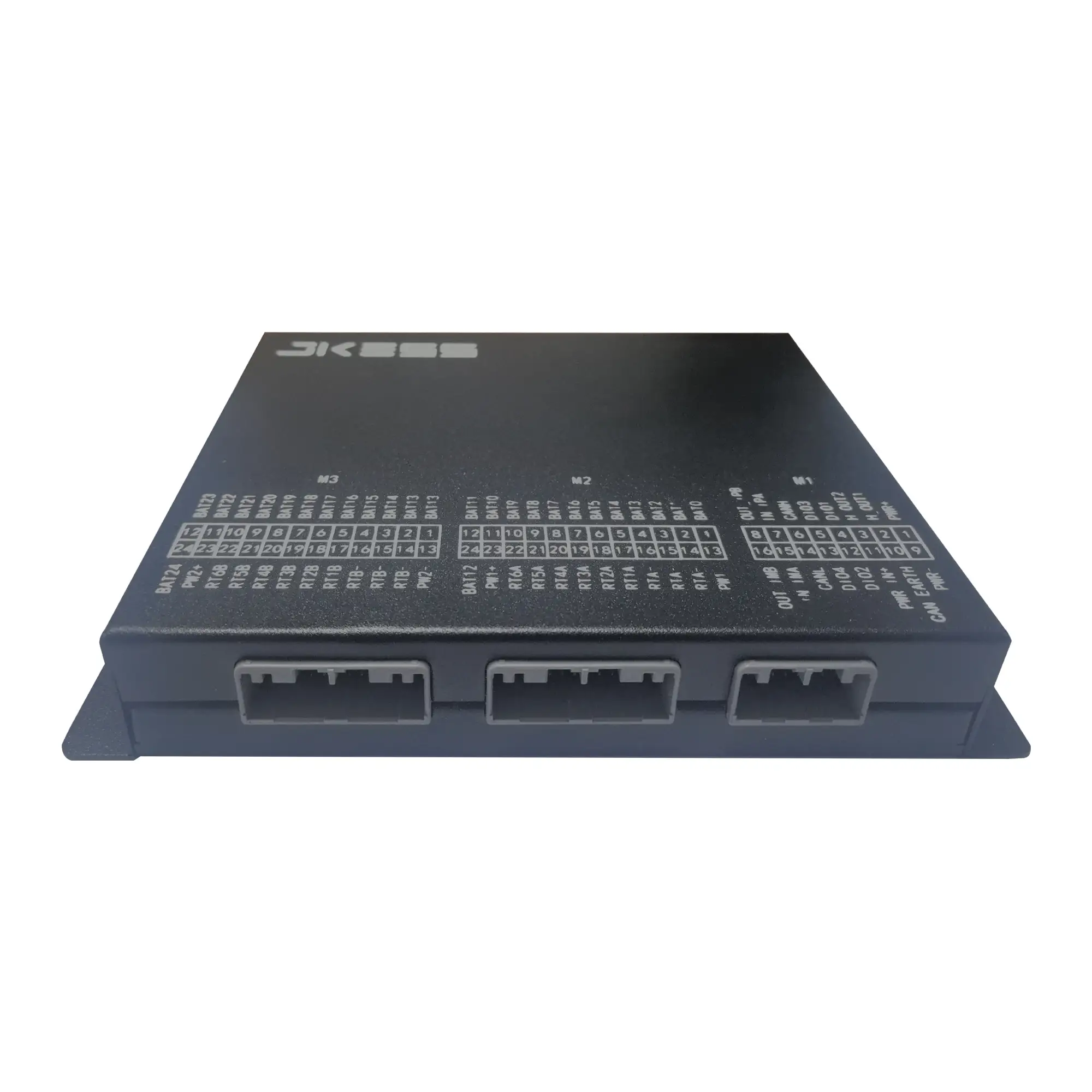Expanding Energy Reliability Through Battery Storage Devices
As modern energy demands continue to rise, battery storage devices are becoming increasingly important for individuals, businesses, and entire communities. These systems provide the flexibility to store power and use it when needed most, reducing reliance on traditional power grids. Whether in renewable energy systems, backup power solutions, or large-scale industrial operations, battery storage devices create efficiency, stability, and sustainability. Their applications are diverse, and their role in shaping a smarter energy future is undeniable.
Residential Applications of Battery Storage Devices
Backup Power for Homes
For residential users, battery storage devices are highly valuable as backup systems during power outages. Instead of depending solely on the grid, homeowners can rely on stored energy to keep essential appliances running, such as refrigerators, lighting, and medical devices. This application not only ensures comfort during blackouts but also provides peace of mind for families who need reliable energy.
Integration with Renewable Energy
In homes that use solar panels or wind turbines, battery storage devices make renewable energy more practical. Without storage, much of the generated energy could go to waste when not immediately consumed. By storing this power, households can use renewable energy at night or during cloudy days, creating greater independence from the grid and reducing electricity costs.
Commercial Applications of Battery Storage Devices
Energy Cost Management for Businesses
Commercial facilities often face peak demand charges that significantly increase energy bills. Battery storage devices allow businesses to store energy during off-peak hours and use it during peak demand times, reducing costs and improving efficiency. This capability helps organizations stabilize expenses and improve long-term financial planning.
Uninterrupted Operations in Critical Facilities
Hospitals, data centers, and other critical institutions cannot afford disruptions in power supply. Battery storage devices ensure uninterrupted power by acting as a safeguard when the grid fails. With immediate energy availability, these facilities can continue operating vital systems without interruptions, protecting lives, data, and operations.
Industrial Applications of Battery Storage Devices
Grid Stabilization in Manufacturing Plants
Industrial operations often require consistent and stable energy. Any disruption can halt production lines and cause significant financial losses. Battery storage devices help stabilize energy supply by providing immediate backup power during grid fluctuations. They also improve overall efficiency by allowing factories to manage large energy loads more effectively.
Support for Heavy Equipment and Machinery
Certain industrial facilities rely on heavy machinery that demands large bursts of power. Battery storage devices can supply these short-term energy surges without overloading the grid. This makes them especially useful in industries like mining, construction, and heavy manufacturing, where reliable and high-capacity energy is essential.
Utility-Scale Applications of Battery Storage Devices
Renewable Energy Integration at Scale
Utility companies increasingly rely on renewable energy sources, but managing intermittent supply from solar and wind presents challenges. Battery storage devices provide large-scale storage solutions that balance supply and demand, ensuring that energy is available when consumption peaks. By storing excess renewable energy during production surpluses, utilities can release it later to stabilize the grid.
Emergency Support for Power Grids
During natural disasters or unexpected surges in demand, battery storage devices offer grid operators critical flexibility. They can deploy stored energy quickly to maintain power stability across regions, preventing blackouts and minimizing disruptions for communities. This makes them a cornerstone of modern grid resilience strategies.

Transportation Applications of Battery Storage Devices
Electric Vehicle Charging Infrastructure
The rise of electric vehicles (EVs) creates new energy demands that traditional grids may struggle to meet. Battery storage devices support EV charging stations by storing energy during off-peak hours and supplying it during peak usage. This ensures drivers can charge their vehicles reliably while reducing stress on the grid.
Fleet Management for Public and Private Transport
Transit companies that manage fleets of buses, delivery vehicles, or service trucks increasingly use battery storage devices to optimize operations. By charging vehicles during off-peak times and using stored energy efficiently, these companies reduce costs, improve sustainability, and maintain smoother energy demand cycles.
Agricultural Applications of Battery Storage Devices
Power Supply for Remote Farming Areas
Many agricultural operations are located in remote areas with limited access to reliable grids. Battery storage devices provide dependable power for irrigation systems, cooling units, and automated machinery. Farmers benefit from consistent operations without relying solely on external energy providers.
Support for Renewable Farming Practices
As farms adopt solar and wind technologies, battery storage devices ensure that renewable energy is available throughout the day. This allows agricultural businesses to run equipment at night or during periods of low sunlight, making operations more sustainable and efficient.
Military and Government Applications of Battery Storage Devices
Energy Security for Defense Operations
National security depends on reliable and secure energy. Battery storage devices allow military bases and government facilities to operate independently from public grids if necessary. They provide a resilient energy source for communication systems, data centers, and mission-critical operations.
Disaster Response and Recovery
In times of natural disasters, governments often deploy mobile battery storage devices to provide emergency power. These systems support shelters, medical facilities, and communication networks, ensuring that communities receive assistance quickly. Their portability and adaptability make them indispensable for rapid response.
Future Potential of Battery Storage Devices
Advancements in Technology
With ongoing innovation, battery storage devices are becoming more efficient, affordable, and widely available. Advances in materials, such as solid-state batteries, promise longer lifespans and greater storage capacities. This progress will make battery storage even more integral to future energy systems.
Building a Sustainable Energy Future
The global shift toward renewable energy requires reliable storage solutions to bridge gaps in supply. Battery storage devices will continue to support this transition by offering flexibility, resilience, and efficiency. They are not just tools for storing energy but also critical enablers of a cleaner, smarter, and more sustainable energy future.
FAQs About Battery Storage Devices
What are the main uses of battery storage devices?
Battery storage devices are used for backup power, renewable energy integration, grid stabilization, and supporting industries like transportation and agriculture.
How long do battery storage devices last?
The lifespan of battery storage devices depends on technology and usage, but many last between 10 and 15 years with proper maintenance.
Are battery storage devices cost-effective?
Yes, while the initial cost may be high, battery storage devices reduce energy expenses, prevent downtime, and provide long-term savings.
Can battery storage devices work with renewable energy?
Yes, battery storage devices are ideal for storing solar and wind energy, making renewable power available even when natural conditions fluctuate.
Table of Contents
- Expanding Energy Reliability Through Battery Storage Devices
- Residential Applications of Battery Storage Devices
- Commercial Applications of Battery Storage Devices
- Industrial Applications of Battery Storage Devices
- Utility-Scale Applications of Battery Storage Devices
- Transportation Applications of Battery Storage Devices
- Agricultural Applications of Battery Storage Devices
- Military and Government Applications of Battery Storage Devices
- Future Potential of Battery Storage Devices
- FAQs About Battery Storage Devices

